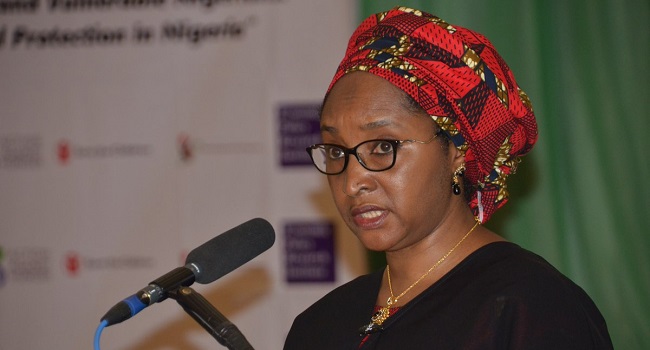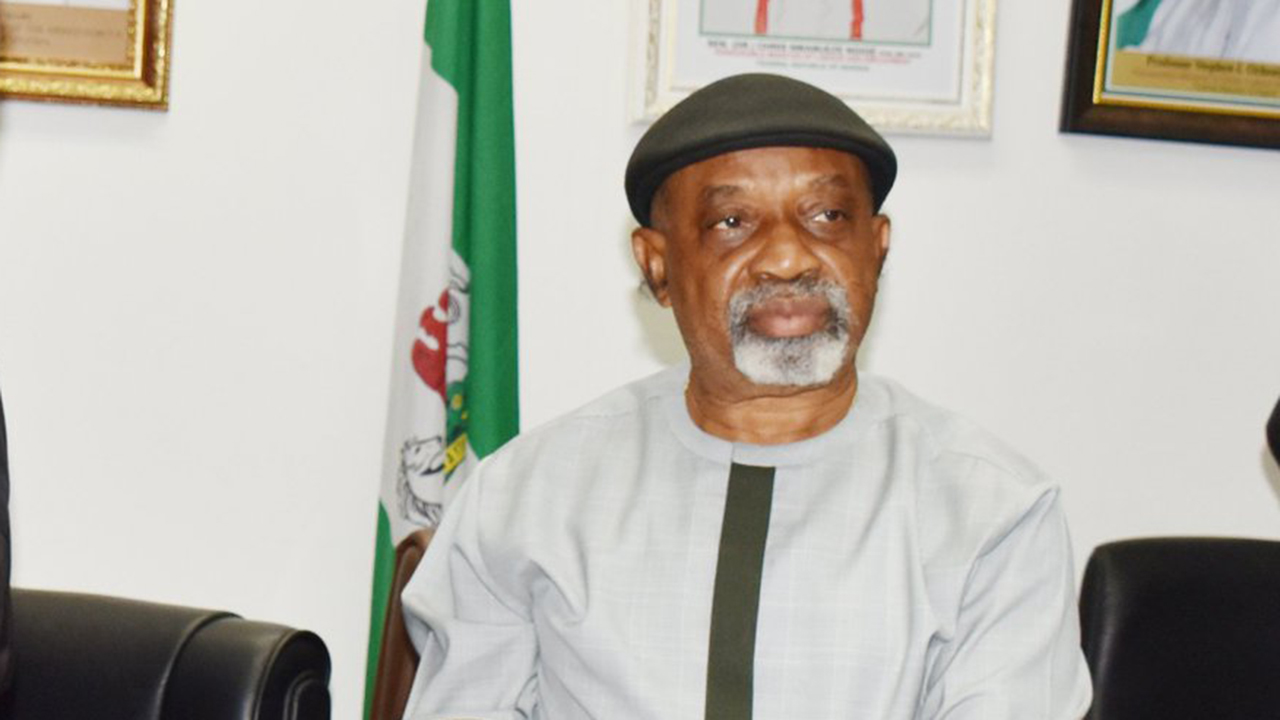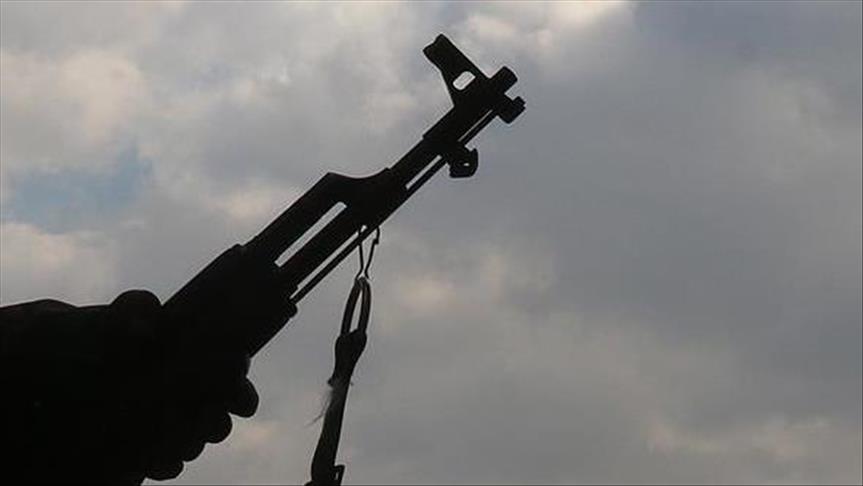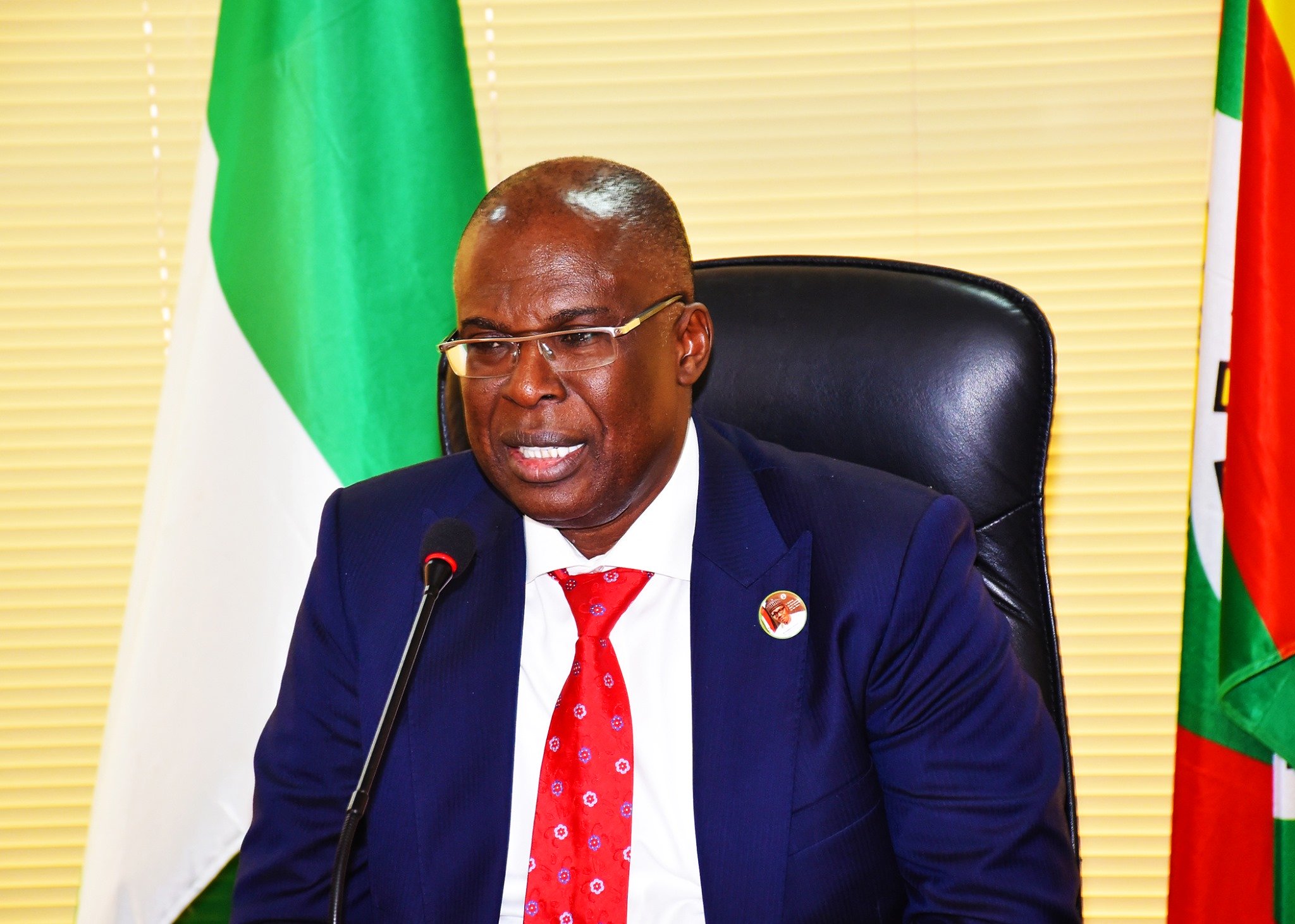Azu Ishiekwene
There’s a growing feeling in high political circles that the media is too free for its own good, and maybe also, for the good of the country. As a result, there are attempts on multiple fronts to save the media from what, for lack of a better description, may be called diarrhea of freedom.
Those worried about this “excessive” media freedom make no distinction between the media as an institution and citizens vigorously – and yes, sometimes, despicably – expressing themselves on social media.
They are also not concerned about the constitutional provision that requires the press to hold the government to account. They’re simply consumed by an obsession to wield the axe.
In spite of all the rigmarole, the Twitter ban, the prescription by the government to register and regulate over the top services and criminalise social media are depictions of the current official mood of intolerance.
But it doesn’t end there. There’s much else happening, under the radar, apart from the Twitter tantrums, the obsession to control social media, and the rash of fines imposed by the government on private broadcasters.
This week, at the behest of the Executive branch, the House of Representatives commenced hearings on a number of media bills, among them, a bill to amend the National Broadcasting Commission Act; and another one to amend the Nigerian Press Council law.
It is being done so quietly not a sheet of paper has so far rustled among the pile of satanic scrolls sneaked into the House of Representatives meeting room 024 where the hearing has been taking place. The exercise is a cynical ambush in the night from which even thieves might learn a few lessons.
To press home the message that this government was not playing when it banned Twitter, the Executive is piling on the National Assembly to amend the powers of the NBC to include licensing, registration and regulation of social media and OTT. The government is borrowing the worst example from India, a country that has its own social media tools and, on the whole, sails by its wind.
It is a move designed to cure the government’s recent embarrassing decision to put the cart before the horse when it announced that violators of the Twitter ban would be prosecuted without an existing law; a classic case of improvising the law to fit the offence.
The push to amend the Press Council Act is even curiouser. While the world was asleep, on Tuesday night, the Executive exhumed a bill that was interred 12 years ago, cleaned it up and rushed it to the House of Representatives apparently with the sole aim of cornering the mainstream print media.
The bill was listed with three other media bills for hearing on Wednesday, but was later stepped down for hearing the next day. An earlier version of the law required, among other things, registration and licensing of journalists, prescriptions under which anyone who works in a media organisation might qualify as an editor.
Even in its current form, five of the nine Board members of the Council are government appointees; the President and the minister have exclusive prerogative on the composition of the Board and the Code that is supposed to govern journalistic practice is a handout from the Ministry of Information.
The bill is not all bad. For example, it also provides a framework for research and training, both of which the profession could use.
But this bright spot can hardly redeem the bill from the evil and malicious intent of its sponsors. In what amounts to shaving a man’s head behind his back, none of the major stakeholders knew that the bill had been exhumed, much less being discussed for amendment.
Media owners were neither informed nor invited by the House of Representatives. The Nigerian Guild of Editors knew nothing about the bill that is supposed to regulate their practice nor did the Nigeria Union of Journalists.
It was as a matter of “happenstance”, as Kabiru Yusuf, president of the Newspaper Proprietors Association of Nigeria (NPAN) said in a press statement. The association got to know, after the fact, that the House of Representatives was loading the gun of a media bill aimed at the head of the profession and all practitioners were supposed to do, was just to pull the trigger.
The 8th National Assembly toyed with the idea, but common sense prevailed when the attention of the principal officers was called to the fact that the travesty of a bill was already being challenged in court.
The matter is still in the Supreme Court. But it seems that this 9th National Assembly which obviously loves journalists more than they love themselves cannot wait for the court to dispose of the matter.
Under the radar, another media-business-related travesty is stirring. It’s the review of the Advertising Code of the Advertising Practitioners Council of Nigeria (APCON). It’s not a code in the sense of a coherent body of ethical guide. The plain name for this law, regardless of its elegant title, is the Minister’s Code.
That may seem harsh, but that’s what it is. No review, no matter the window dressing or circumlocution, can re-make the essential character of this code: It’s the Minister’s Code. And by the Minister, I do not necessarily refer to the current Minister of Information and Culture, Lai Mohammed, who is doing an extraordinary job of hosting this renewed assault.
The point is that the Code predates Mohammed and has been amended twice – in 1992 and 1993 – under the parochial watch of the military. But like most things done under the military, the preservation of tight-fisted control rather than robust civic engagement, was the overriding consideration.
Every executive of the newspaper owners’ association in the past three decades has clashed with government over the obtuseness of the Advertising Code.
The most remarkable fallout has been the NPAN under the Chairman Emeritus of PUNCH, Chief Ajibola Ogunshola, whose executive dragged APCON to court over the combined tyranny of government and big business against the newspaper industry. Unfortunately, a number of media owners at time were their own worst enemies!
The stalemate has remained, even mutated, and the current review of the Code – and indeed all the media laws – instigated under Mohammed will, at best, be just another layer of window dressing and at worst, another capricious attempt to muzzle the press.
The reason is simple. No media law, including the Code – that subordinates freedom of the press or the ease of doing business to the discretion of a minister or his agents will work. Other than inseminating the minister’s ego, it’s a waste of time.
The Code, like the other bills currently under the consideration of the House of Representatives, is fatally flawed by the malicious intent of a government that thinks that less, not more freedom of expression, is the solution to the country’s problems. No minister should bring the country to his level.
What is more, best practices from the UK and even South Africa, which share a lot in common with Nigeria’s jurisprudence, show that independent, self-regulation, by journalists, advertisers and practitioners, is the gold standard of professional practice.
The Independent Press Standards Organisation and the Committee of Advertising Practice in the UK; the Press Council of South Africa and that country’s Advertising Regulatory Board, are models worth emulating. Not our Minister’s Code.
In case we forget, official positions are temporary. The same laws we make today could be the rope we lend our successors to hang us tomorrow. General Sani Abacha did not invent the decree under which he tried former President Olusegun Obasanjo in 1995; he tried and jailed Obasanjo for 30 years under the same law which the latter made as military head of state.
As he wrestles with the temptation to use iron fist in the government’s dealings with the media, nothing recommends caution more to Minister Lai Mohammed than the mythology of the King of Otolu.
It’s a Yoruba proverb about the king’s missing trumpet. After ordering the beheading of 17 palace workers at the Ogun shrine on the suspicion that they were responsible for his missing trumpet, the king later found that the trumpet had, in fact, been stolen by his younger son who wanted to supplant the heir apparent.
Muzzling the media, under any guise, is playing with fire.
Ishiekwene is the Editor-in-Chief of LEADERSHIP








